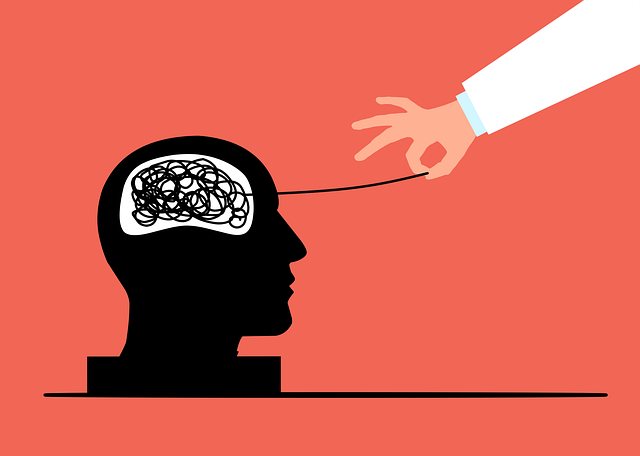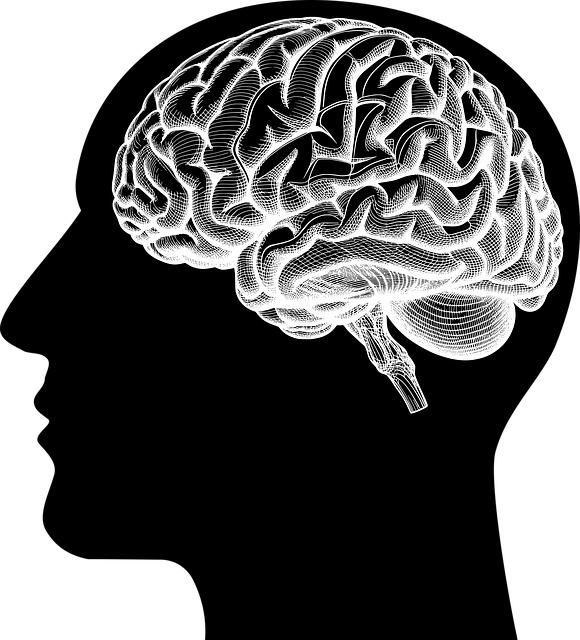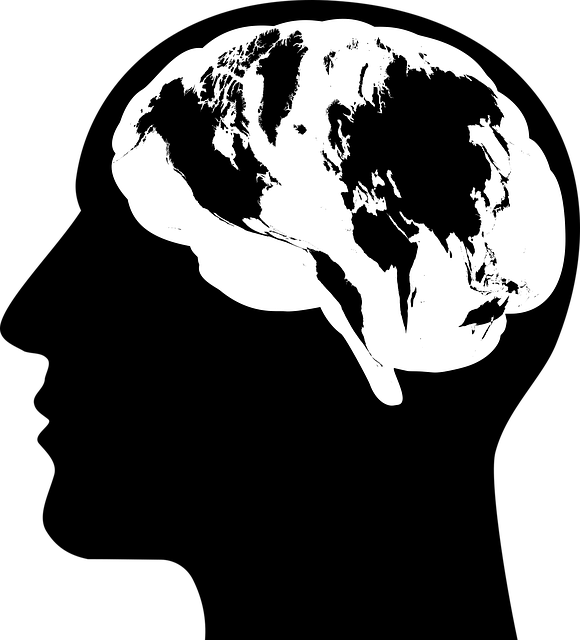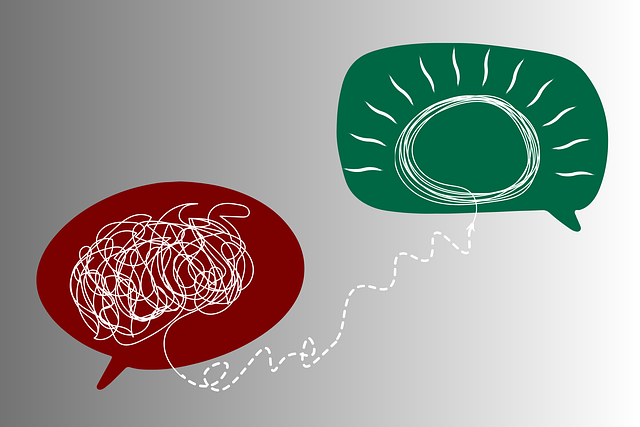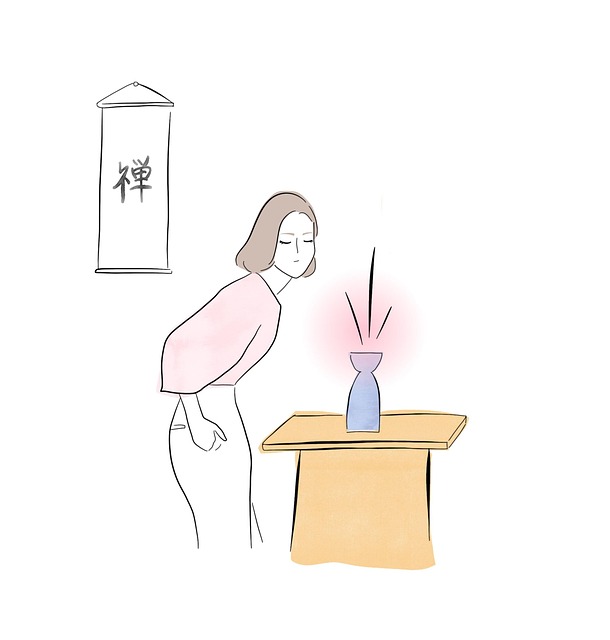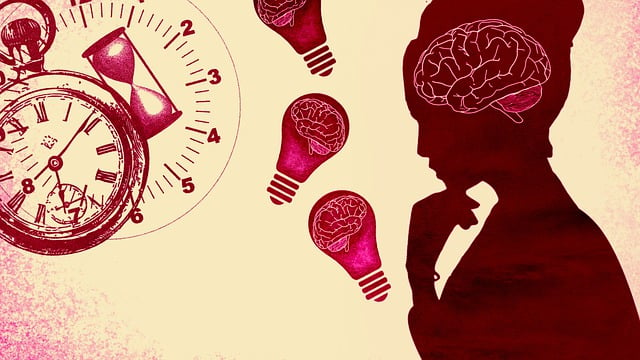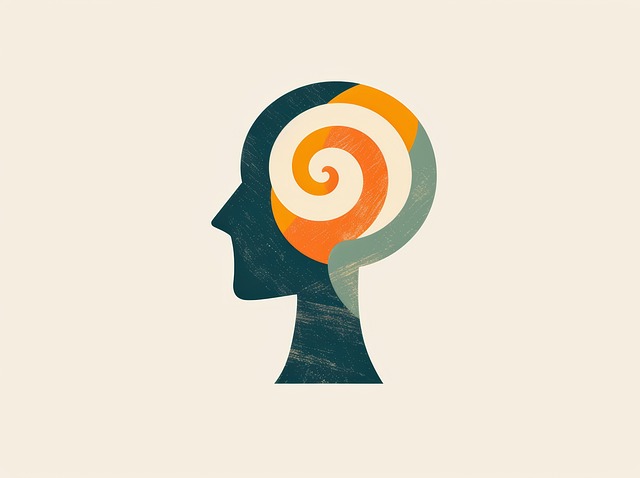Cultural competency is crucial in modern healthcare, particularly in diverse societies, as it ensures personalized treatment plans by understanding and respecting various cultural backgrounds and beliefs. Aurora Depression Therapy integrates this approach with its Mind Over Matter principles, fostering open communication and improving patient outcomes. By addressing biases and stereotypes that impact care, the program equips healthcare providers with tools for inclusive environments through community outreach, training, and burnout prevention. This pioneering method enhances empathy, understanding, and resilience among professionals, benefiting patients like those seeking Aurora Depression Therapy.
Healthcare provider cultural competency training is an essential component of modern medical education. In a diverse society, understanding cultural nuances can significantly impact patient care and treatment outcomes. This article explores these critical topics, highlighting the importance of cultural sensitivity in healthcare.
We delve into the effects of cultural biases and stereotypes, offering practical strategies for providers to enhance their skills. Inspired by innovative practices like Aurora Depression Therapy, we present real-world applications that demonstrate the power of culturally responsive care.
- Understanding Cultural Competency in Healthcare: Why It Matters for Effective Treatment
- The Impact of Cultural Biases and Stereotypes on Patient Care
- Aurora Depression Therapy: A Approach to Cultural Sensitivity in Practice
- Strategies for Training Healthcare Providers in Cultural Competency
- Real-World Applications: Success Stories from Culturally Responsive Practices
Understanding Cultural Competency in Healthcare: Why It Matters for Effective Treatment

Cultural competency is a vital aspect of healthcare that goes beyond treating symptoms; it involves understanding and respecting diverse cultural backgrounds and beliefs. In a multicultural society like ours, where individuals from various ethnic, racial, and socioeconomic groups access healthcare services, this skill is indispensable. Healthcare providers who possess cultural competency can offer more personalized and effective treatment plans tailored to each patient’s unique needs.
For instance, Aurora Depression Therapy incorporates Mind Over Matter principles to holistically address mental wellness, recognizing that cultural backgrounds significantly influence individuals’ perceptions of mental health and coping mechanisms. By integrating this competency, therapists ensure they create a safe, non-judgmental space where patients feel comfortable discussing their concerns, fostering open communication and ultimately improving treatment outcomes. Effective cultural competency training equips healthcare professionals with the tools to navigate complex conversations about mood management, ensuring every patient receives respectful, culturally sensitive care.
The Impact of Cultural Biases and Stereotypes on Patient Care

Cultural biases and stereotypes can significantly impact patient care, often leading to miscommunications and misunderstandings between healthcare providers and patients from diverse backgrounds. These biases may cause professionals to unconsciously make assumptions about a patient’s health, behaviors, or abilities based on their race, ethnicity, religion, gender, or other cultural factors. For instance, a study by Aurora Depression Therapy highlighted how certain stereotypes can influence the diagnosis and treatment of mental health conditions, potentially exacerbating existing disparities in healthcare access and outcomes.
When healthcare providers hold cultural biases, they might overlook essential aspects of a patient’s life, such as their social support systems, cultural practices, or unique coping mechanisms. This can result in inadequate assessment and treatment plans, affecting the overall quality of care. For example, a provider with unexamined stereotypes about a patient’s dietary preferences might fail to consider how cultural food choices influence their emotional regulation and stress reduction methods, ultimately hindering effective mood management strategies.
Aurora Depression Therapy: A Approach to Cultural Sensitivity in Practice

Aurora Depression Therapy offers a unique approach to cultural sensitivity in healthcare practices. By recognizing and understanding the diverse cultural backgrounds of patients, this therapy program aims to create a safe and inclusive environment. The core principle lies in training healthcare providers to adapt their practices, ensuring effective communication and treatment for all individuals, regardless of their cultural identity.
This method involves various strategies, including community outreach programs that bridge the gap between healthcare services and diverse communities. Social skills training equips professionals with the ability to navigate cultural nuances, fostering better patient-provider relationships. Additionally, burnout prevention techniques are integral to sustaining cultural competency over time, allowing practitioners to remain sensitive and responsive to the evolving needs of their patients.
Strategies for Training Healthcare Providers in Cultural Competency

Training healthcare providers in cultural competency requires a multifaceted approach that goes beyond traditional classroom settings. One effective strategy involves mental health education programs design tailored to address diverse communities’ unique needs and challenges. These programs can incorporate role-playing scenarios, case studies from various cultural contexts, and cross-cultural communication workshops to enhance empathy and understanding. By fostering an environment where providers feel comfortable discussing sensitive topics related to mental health, such as depression, anxiety, and other cultural barriers, they become better equipped to offer personalized care.
Additionally, incorporating mind over matter principles into the training curriculum can empower healthcare providers with tools to manage their own stress and burnout. This self-care aspect is crucial for maintaining a healthy work-life balance and preventing professional exhaustion, especially in diverse settings where providers may encounter complex cultural dynamics on a regular basis. Engaging in activities that promote mental well-being, such as mindfulness exercises or peer support groups, can help providers develop resilience and sustain their commitment to culturally competent care, ultimately benefiting patients like those who might seek Aurora Depression Therapy.
Real-World Applications: Success Stories from Culturally Responsive Practices

In the realm of healthcare, cultural competency training has proven to be a game-changer, fostering better patient outcomes and stronger communities. Real-world applications of these skills have led to numerous success stories, particularly in areas where diverse populations face unique challenges. For instance, Aurora Depression Therapy has seen remarkable results through culturally responsive practices, offering tailored therapy sessions that resonate with patients from various backgrounds. By incorporating Mental Wellness Journaling Exercise Guidance, therapists create a safe space for individuals to express their thoughts and emotions, leading to improved self-awareness and Anxiety Relief.
One such success story involves a community outreach program implementation where healthcare providers actively engaged with local communities, breaking down cultural barriers and fostering trust. This initiative not only enhanced access to mental health services but also encouraged open dialogue about sensitive topics. The approach, inspired by the need for inclusive care, has set a precedent for other healthcare organizations to follow, ensuring that every patient receives compassionate, culturally competent care, ultimately contributing to overall Community Outreach Program Implementation and Mental Wellness Journaling Exercise Guidance success.
Cultural competency training is a vital step towards enhancing healthcare services, as evidenced by innovative practices like Aurora Depression Therapy. By recognizing and addressing cultural biases, healthcare providers can offer more effective treatment tailored to diverse patient needs. The strategies outlined in this article provide a roadmap for organizations to improve cultural sensitivity, ultimately leading to better patient outcomes and more fulfilling clinical experiences. Through real-world applications shared in the Real-World Applications section, it’s clear that investing in cultural competency training is a game-changer, fostering a more inclusive and responsive healthcare environment.
